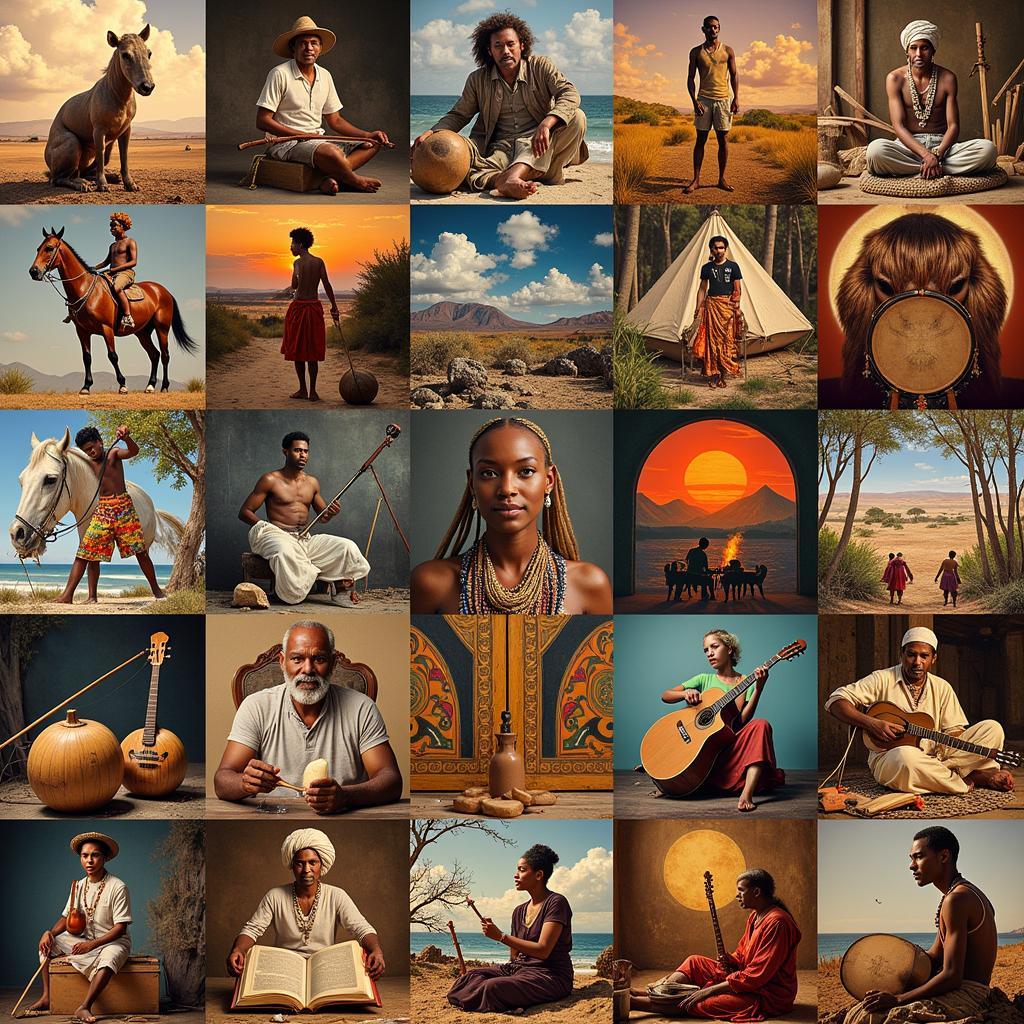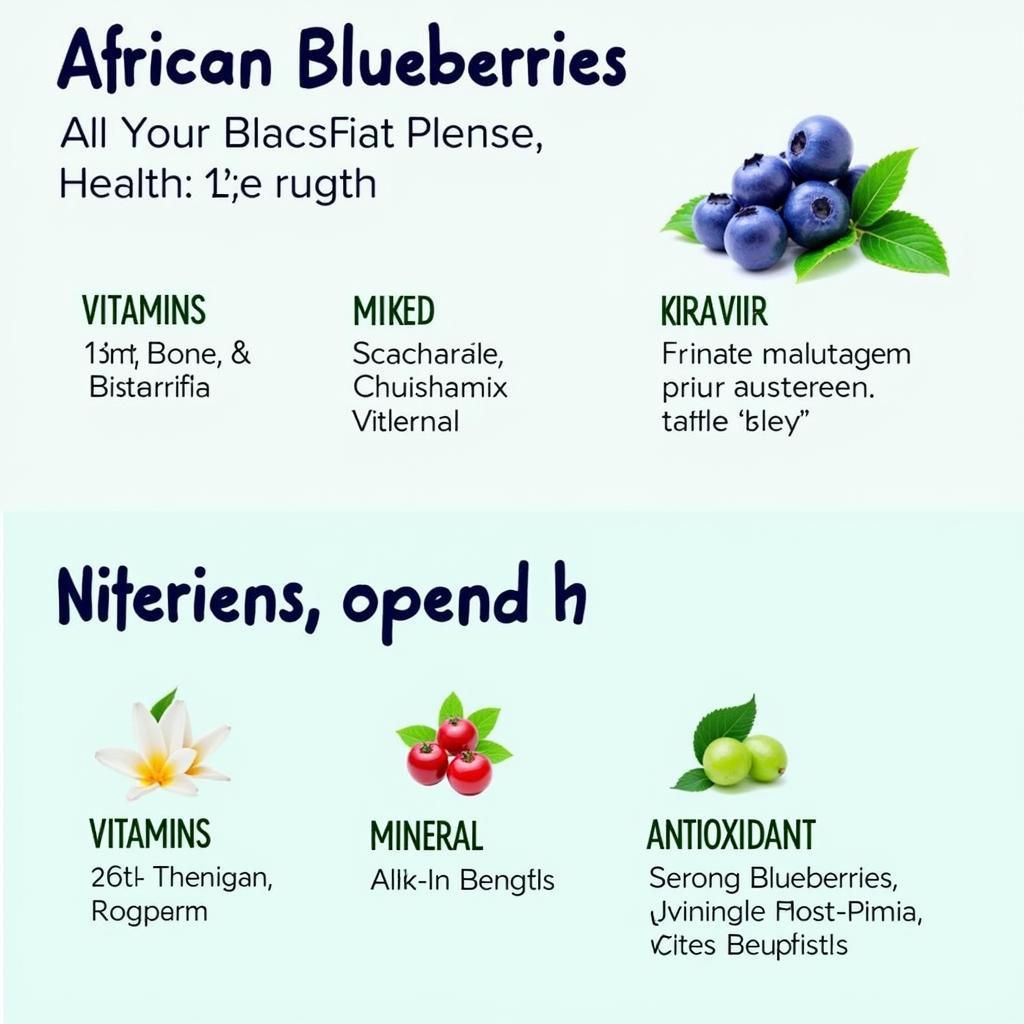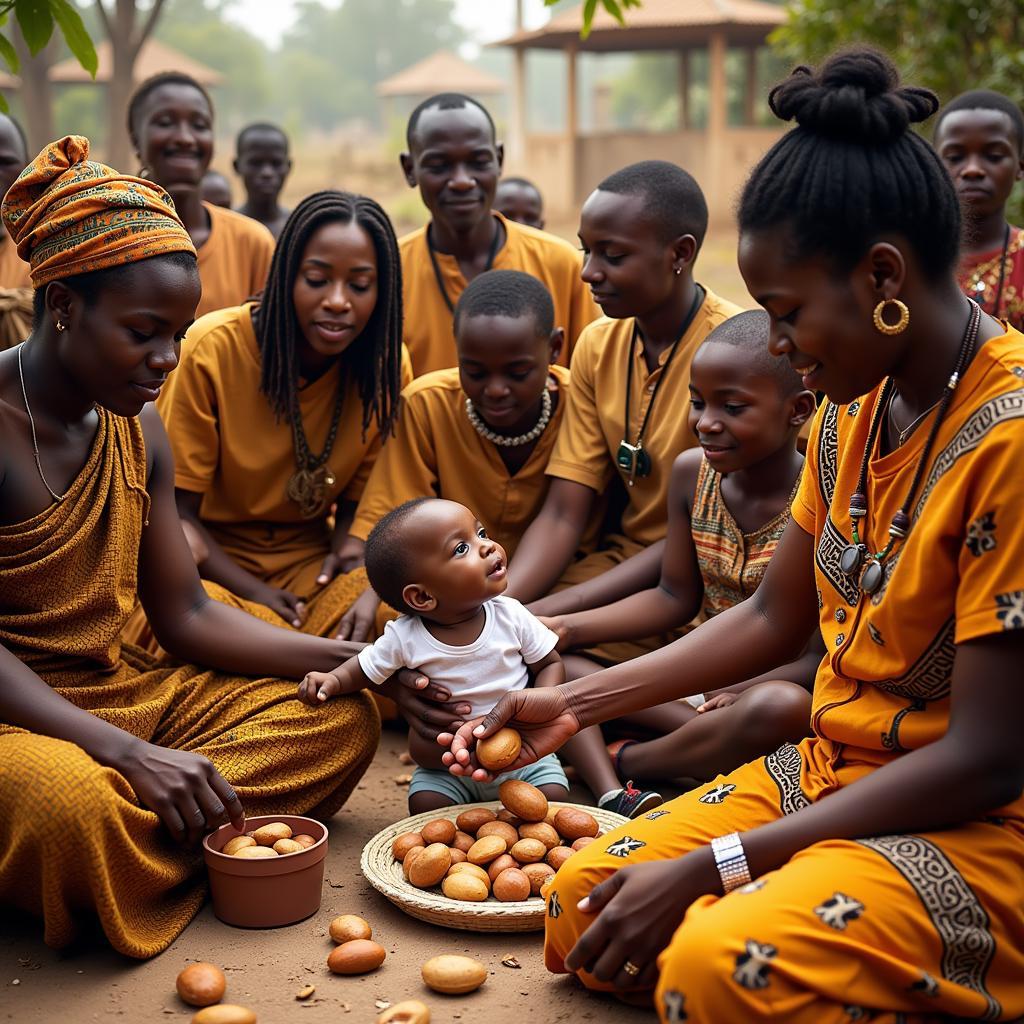Discovering the World of African Cloth Dolls
African Cloth Dolls, imbued with rich cultural heritage and crafted with vibrant textiles, offer a captivating glimpse into the heart of Africa. More than just playthings, these dolls embody tradition, artistry, and storytelling, passed down through generations as cherished keepsakes and powerful symbols.
A Legacy Woven in Fabric: The History of African Cloth Dolls
For centuries, across the diverse landscapes of Africa, cloth dolls have held a significant role in communities. Often crafted from readily available materials like leftover fabric scraps, these dolls were more than just toys. They served as teaching tools, companions, and vessels of cultural transmission. Mothers and grandmothers would meticulously fashion these dolls, imbuing them with stories, values, and traditions.
Beyond Playthings: The Cultural Significance of African Cloth Dolls
African cloth dolls are deeply intertwined with various ceremonies and rituals. In some cultures, they serve as fertility symbols, while in others, they play a role in rites of passage, celebrating milestones like childbirth or marriage. These dolls often hold spiritual significance, believed to protect children from harm or bring good fortune. Their presence in ceremonies highlights the profound connection between artistry, spirituality, and daily life in many African societies.
A Kaleidoscope of Creativity: Styles and Materials
From the plains of the Maasai Mara to the bustling markets of Marrakech, African cloth dolls showcase an astounding array of styles and materials. Each region boasts its own unique aesthetic, reflecting local customs and artistic traditions.
Materials as Rich as the Continent Itself
- Textiles: Vibrant and diverse, fabrics like Ankara, Kente cloth, and Mudcloth are often used. These fabrics, often imbued with symbolic patterns and colors, add another layer of meaning to the dolls.
- Embellishments: Beads, cowrie shells, buttons, and braids adorn these dolls, reflecting the resourcefulness of the artisans and adding intricate details.
- Natural Elements: Wood, clay, and even seeds are incorporated into some dolls, highlighting the connection to nature prevalent in many African cultures.
Exploring Regional Styles:
- Ndebele Dolls (South Africa): Known for their striking beaded attire and bold geometric patterns.
- Akuaba Dolls (Ghana): Characterized by their exaggerated features, flat disc-shaped heads, and significance as fertility symbols.
- Maasai Dolls (Kenya & Tanzania): Often adorned with intricate beadwork reflecting the Maasai’s nomadic lifestyle and close connection to their livestock.
African Cloth Dolls Today: A Global Appeal
In a world increasingly drawn to unique, handcrafted items, African cloth dolls have captivated a global audience. These dolls are no longer confined to local markets; they grace the shelves of international boutiques, online platforms, and private collections.
The rising popularity of African cloth dolls also provides vital economic opportunities for skilled artisans, particularly women, allowing them to sustain their livelihoods, preserve cultural heritage, and share their artistic traditions with the world.
Conclusion
African cloth dolls offer a captivating window into the diverse cultures and artistic brilliance of the continent. Beyond their visual appeal, these dolls embody centuries-old traditions, stories, and craftsmanship. As you admire an African cloth doll, remember that you are encountering a piece of living history, a testament to the enduring power of art and cultural heritage.
FAQs about African Cloth Dolls:
- What are African cloth dolls typically made of? African cloth dolls are primarily made from fabric scraps, often vibrantly colored and patterned textiles like Ankara or Kente cloth. They are also embellished with beads, buttons, shells, and sometimes natural elements like wood or seeds.
- What is the cultural significance of these dolls? Beyond being playthings, they are deeply rooted in tradition, often used in ceremonies, representing fertility, celebrating milestones, and sometimes even believed to hold spiritual significance.
- Where can I purchase authentic African cloth dolls? You can find them from reputable online retailers specializing in African crafts, ethical marketplaces, and directly from artisans if you are fortunate enough to travel to Africa.
- Are all African cloth dolls the same? No, styles vary significantly across different regions and ethnic groups within Africa. Each region has its own unique aesthetic and materials, reflecting the diversity of the continent.
- Do people still make African cloth dolls today? Absolutely! The tradition is alive and well. Many skilled artisans, particularly women, continue to handcraft these dolls, ensuring the preservation of this rich cultural heritage.
For assistance in finding specific African cloth dolls, exploring regional styles, or learning more about their history and significance, please contact us:
Phone: +255768904061
Email: kaka.mag@gmail.com
Visit us: Mbarali DC Mawindi, Kangaga, Tanzania
Our team is available 24/7 to assist you with your inquiries. Explore our website for articles on related topics like African dolls newspaper crafts, African dolls wholesale, or discover how to create your own African doll with the help of waste material.


